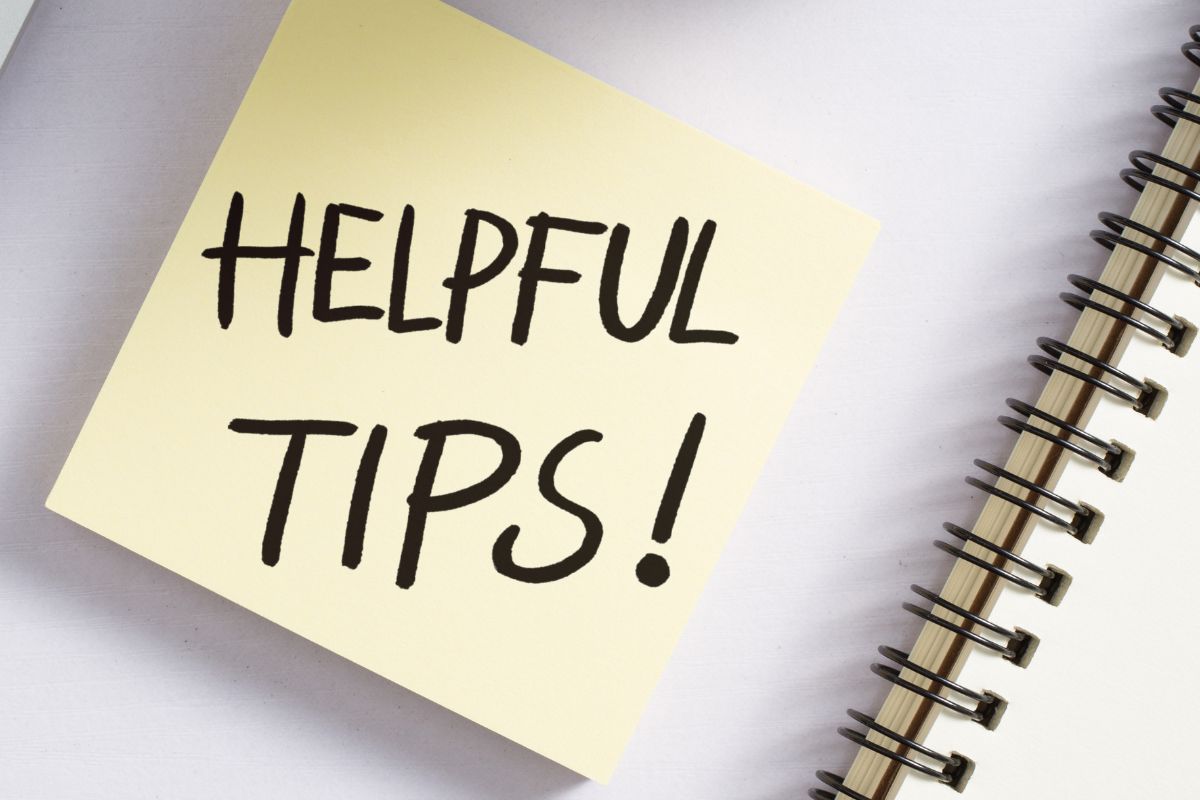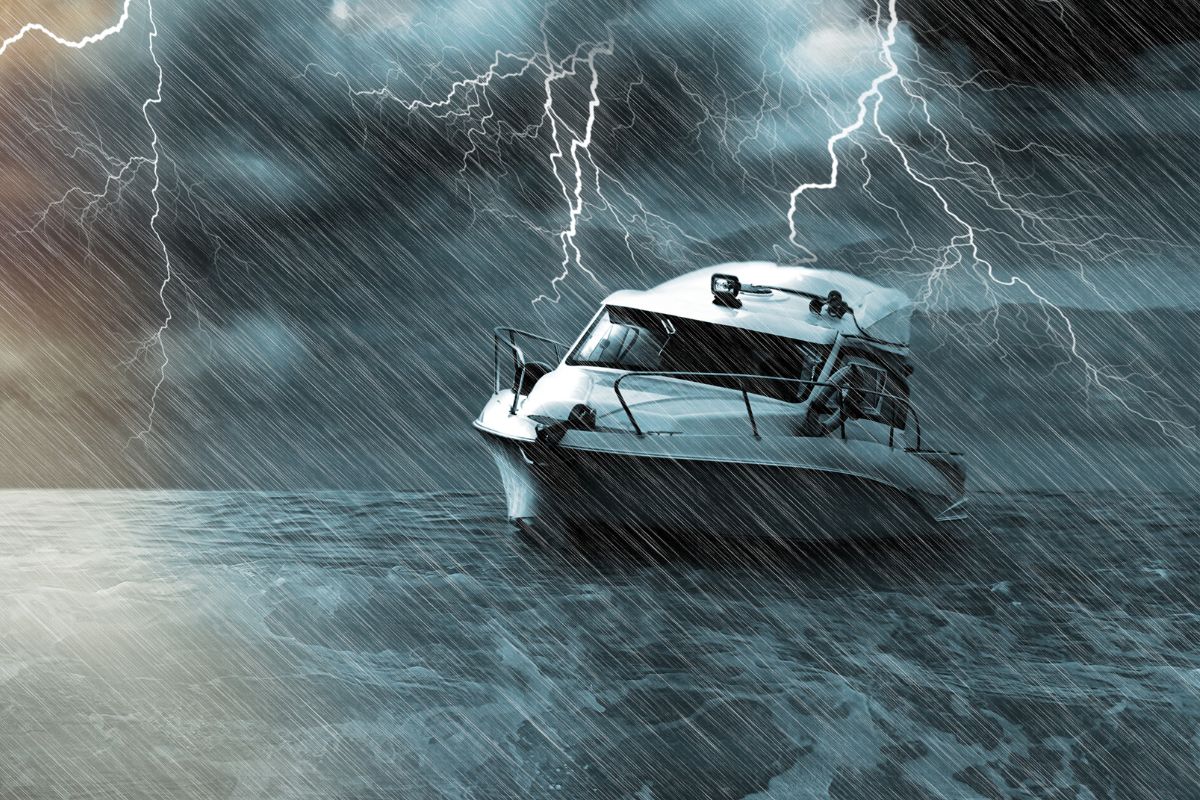The Atlantic hurricane season starts in June and insurers want watercraft owners to keep their property safe.
As boating season begins, hurricane season is also approaching, so boat insurance companies are issuing reminders to owners to make some simple changes to protect their property.
Many of the tips are straightforward and should be a part of annual maintenance for watercraft.
Though it is difficult to predict whether there will be an active season for hurricanes and tropical storms, it is always a good idea to take the right steps to keep vessels safe.

These steps should be taken in advance, instead of waiting until a storm is on its way to get things figured out. This includes reviewing boat insurance policies to be sure they are up to date and provide the necessary coverage.
Boat insurance companies want policyholders to take the following precautions early.
- Conduct an inspection – Make sure everything on the boat is in sound condition. Look over the deck hardware, hull, rigging, machinery, electronics and ground tackle.
- Inspect deck hardware – Even after the main inspection, go over the deck hardware again with a hurricane in mind. Make sure it is appropriate for mooring arrangements you intend to make in the event of a storm.
- Double check – Areas to double check include operable bilge pumps, charged batteries, full fuel tanks, clean fuel filters, and cockpit drains that are clear and unblocked. It’s also advisable to check firefighting and lifesaving equipment, making sure they’re in good shape and easily accessible. Always make sure everyone aboard knows where these items are located and how to use them.
- Use waterproof duct tape – Seal all doors, hatches, and windows to boost a craft’s watertight integrity.
- Secure everything – Any portable gear, deck gear, chairs, cushions radio antennas, outriggers, deck boxes, bimini tops, sails, canvas or side curtains, boom, canister rafts and dinghies should be removed or secured.
- Have a plan – Know precisely what to do if a hurricane is likely to affect your vessel. If your plan is to move it somewhere safe, know where that place is and take action a minimum of 48 to 72 hours ahead of the storm’s predicted arrival. Know how long the trip will take and rehearse the movement of the boat. Know alternate dock or hurricane anchoring/mooring sites in case your first plan becomes unavailable.
- Contact your boat insurance agent – If you have any questions or are uncertain about your coverage, talk to an experienced agent.

